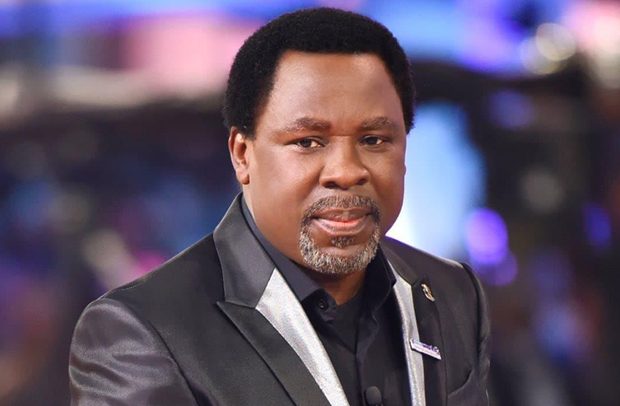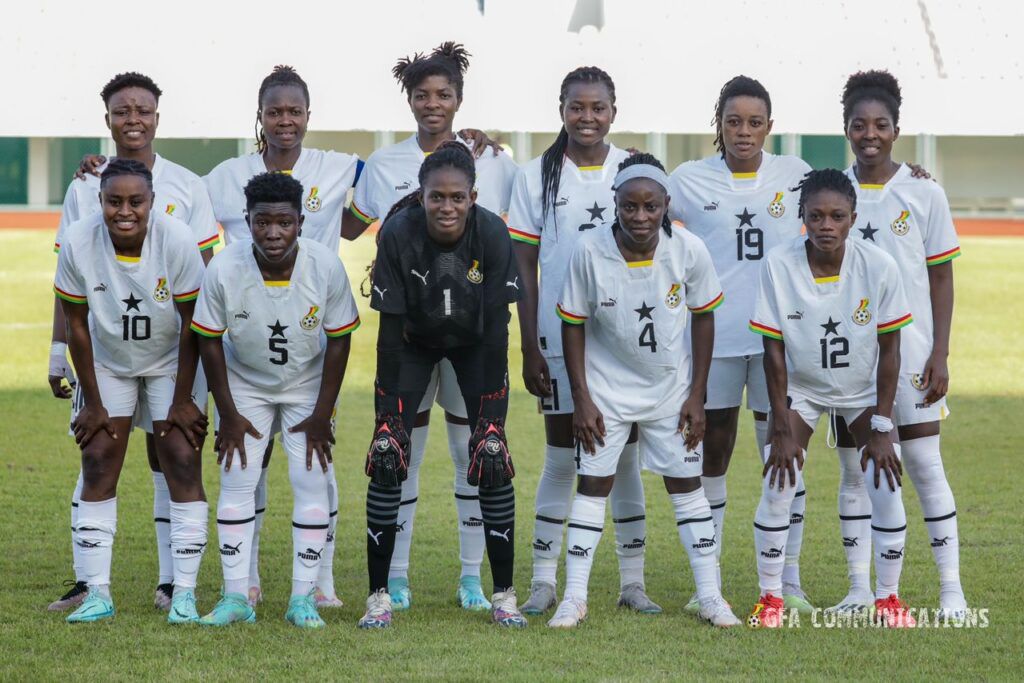
The Apostles Creed, a summary of the Word of God, is an act of faith, declared by the twelve apostles, after the ascension of Christ, and before AD 44, the year St. James, an apostle, was martyred. (Acts 12:2). Tradition has it that each of the twelve, proposed one act of faith, to form the twelve articles of faith in the Creed. Creed comes from the Latin, credo, which means I believe and trust. The prayer goes like this:
“1. I believe in God the Father (Isa. 44:5-6), Almighty, Creator of Heaven and Earth (Gen. 1:1; John 1:3; Acts 14:15):
- And in Jesus Christ (Luke 2:11; John 20:28), His only Begotten Son (John 3:16), our Lord (John 20:28):
- Who was conceived by the Holy Spirit (Luke 1:35), born of the Virgin Mary (Luke 1:27):
- Suffered under Pontius Pilate (Luke 23:24); was crucified (John 19:20; Acts 4:10), died (1 Cor. 15:3) and was buried (1 Cor. 15:4): He descended into hell (Acts 2:24):
- The third day He rose again from the dead (1 Cor. 15:4):
- He ascended into Heaven (Luke 24:51; Acts 1:11), and sits at the right hand of God the Father Almighty (Mark 16:19; Heb 1:3; 10:12):
- From thence He shall come to judge the living and the dead (John 5:22; 2 Tim. 4:1):
- I believe in the Holy Spirit (John 15:26; 16:7-8, 13):
- The Holy Catholic Church (Gal. 3:28; 1 Tim. 3:15): the Communion of Saints (Acts 2:44; Heb. 10:25):
- The Forgiveness of Sins (Luke 7:48):
- The Resurrection of the Body (1 Cor. 15:52-54; 1 Thess. 4:16):
- And the Life everlasting (John 10:28; 17:2). Amen (Eph. 3:21; Rev. 7:12).”
In the first part of the ninth article of the Apostles Creed’s, we pray, ‘I believe in the Holy Catholic Church.’ This is supported by Galatians 3:28 and 1 Timothy 3:15, with both about the universality of the Church. This part, has been posing lots of problems for some non-Catholic Christians who think it glorifies the twenty-four particular churches that form the Holy Catholic Church, with the Pope as the head.
Why the apostles describe the Church as Catholic. During the early days, apart from the group of believers the apostles led, there were other groups who even though they claimed to profess Christ, they proclaimed things alien to the teachings of and about Christ, preaching heresies, which denied the Divinity of Christ, among others.
It might be for this reason, that the apostles described the Church of Believers as Catholic, which affirmed their obedience to the command Christ gave them when He commissioned them, mandating them to go to all nations and make disciples (Matthew 28:19a). This means the Church was and is Catholic, a word from the ancient Greek adjective, katholikos, meaning universal, about the whole, in general.
The believers in the early Church, were initially not called Christians. They were called disciples of Jesus or saints (those consecrated to God). It was in the late AD 30’s, in Antioch, when they were first called Christians (Acts 11:26).
How did the Christian Church officially become Catholic? With the groups who claim to profess Christ but rather go about spreading false teachings, it became necessary to distinguish the true followers from the fake ones.
So, in AD 110, Bishop St. Ignatius of Antioch, (Antioch again), in his epistle to the Smyrnaeans, wrote that, where the pope is, the Catholic Church is. Could it be that all along early Christians who held true to the faith, considered their Church to be Catholic as the apostles indicated in the Apostles Creed?
The Christian Church became, One, Holy, Catholic and Apostolic Church. One, for the unity of Christians in their belief in One God, One Body of Christ, One Baptism and One Faith (Ephesians 4: 1-6); Holy, in that the Church is set apart for a special purpose by and of God. This does not mean Christians do not sin; Catholic, referring to the universality of the Church and Apostolic, to indicate that the beliefs and origins of Christianity find roots in the teachings of the apostles of Christ.
Christians were Catholic, holding the same beliefs, even after the Great Schism in 1054, when the West and East broke apart. Then in 1517, Martin Luther led the breakaway from Catholic beliefs, which snowballed into the formation of separate Christian churches, resulting in over 45,000 different denominations, today, with most of whom, feeling that by saying the words, “the Holy Catholic Church” in the Apostles Creed, they are acknowledging and blessing the Catholic Church.
Sadly, even though Jesus Christ prayed for the unity of all believers, (John 17:11b), many, including the Presbyterian Church of Ghana, whose motto is, ‘That All May Be One,’ which recalls John 17:11b, seem very determined to have Christians remain divided.
On June 18, 2024, the Presbyterian Church of Ghana, directed all its members to replace, “the Holy Catholic Church,” in the Apostles Creed, with ‘Holy Universal Church,’ in order not to create ambiguity among members on the use of the word, Catholic.
Instead of teaching its faithful the truth about the Christian Church when it comes to why the apostles described it as Catholic, it is very obvious that the Presbyterian Church, Ghana, wants nothing to do with Catholics and the word Catholic.
Hon. Daniel Dugan
The post Hon. Daniel Dugan: “The Holy Catholic Church” and the Presbyterian Church, Ghana appeared first on The Ghanaian Chronicle.
Read Full Story

















Facebook
Twitter
Pinterest
Instagram
Google+
YouTube
LinkedIn
RSS